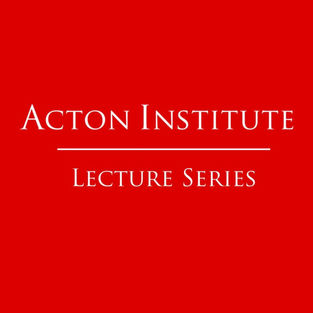
Acton Lecture Series
Acton Lecture Series
A lecture series for knowledge-seekers, sponsored by the Acton Institute in Grand Rapids, Michigan.
- More Episodes? Get the App

A lecture series for knowledge-seekers, sponsored by the Acton Institute in Grand Rapids, Michigan.